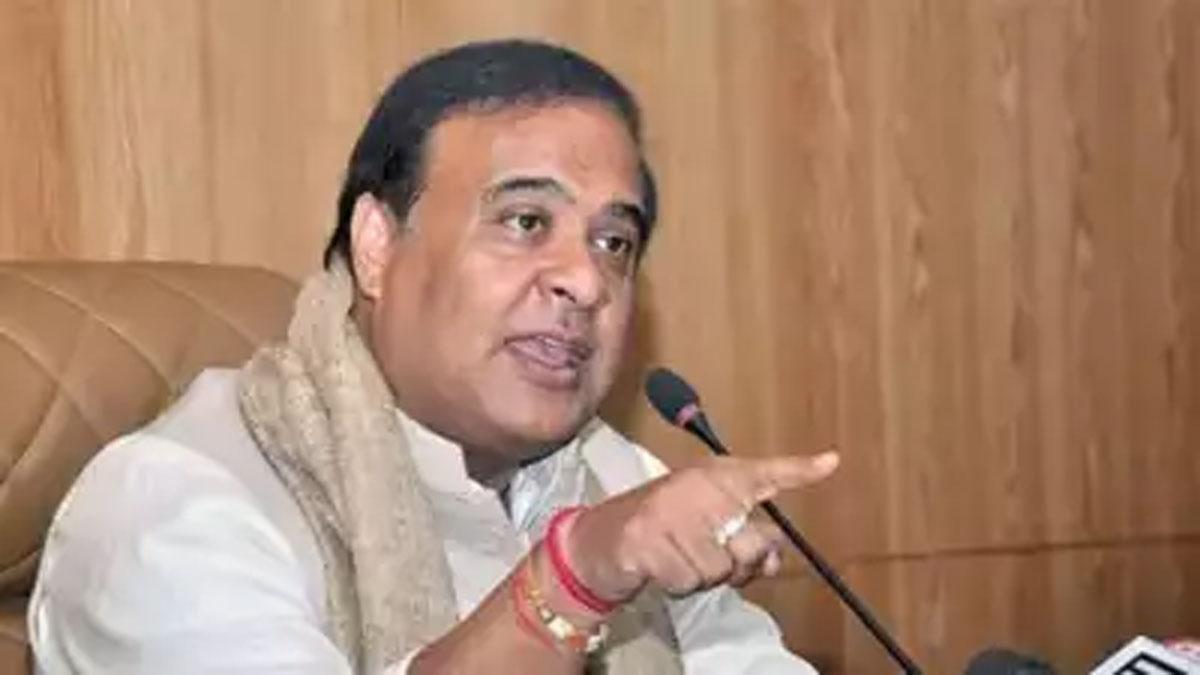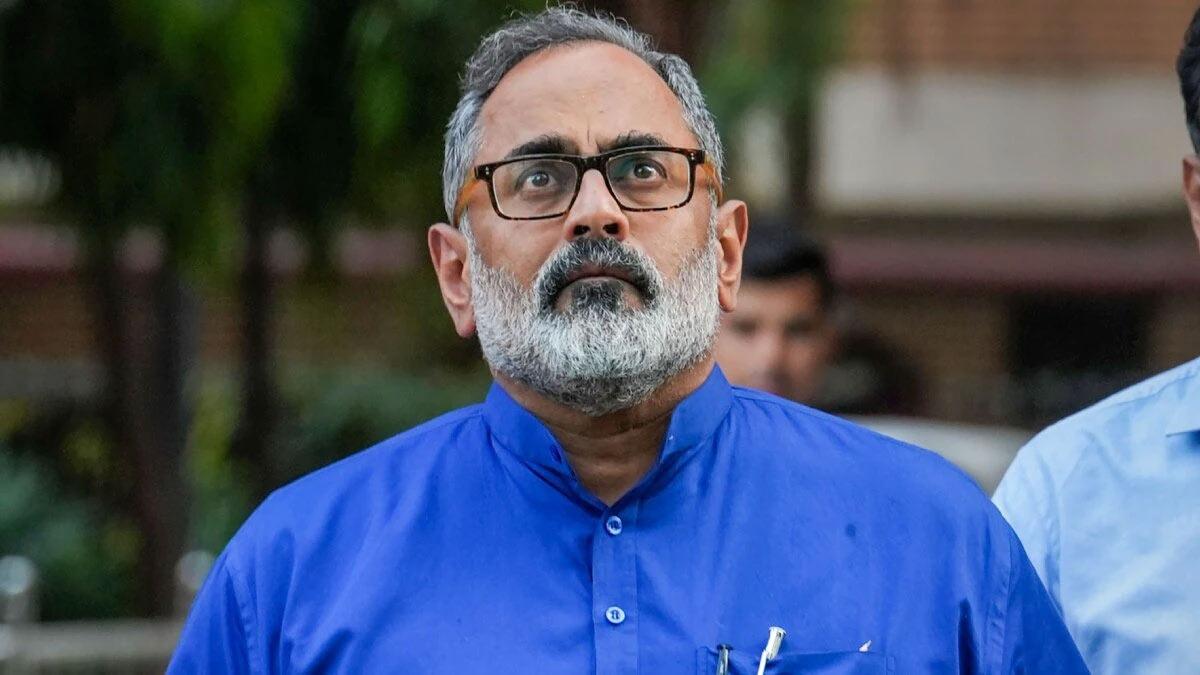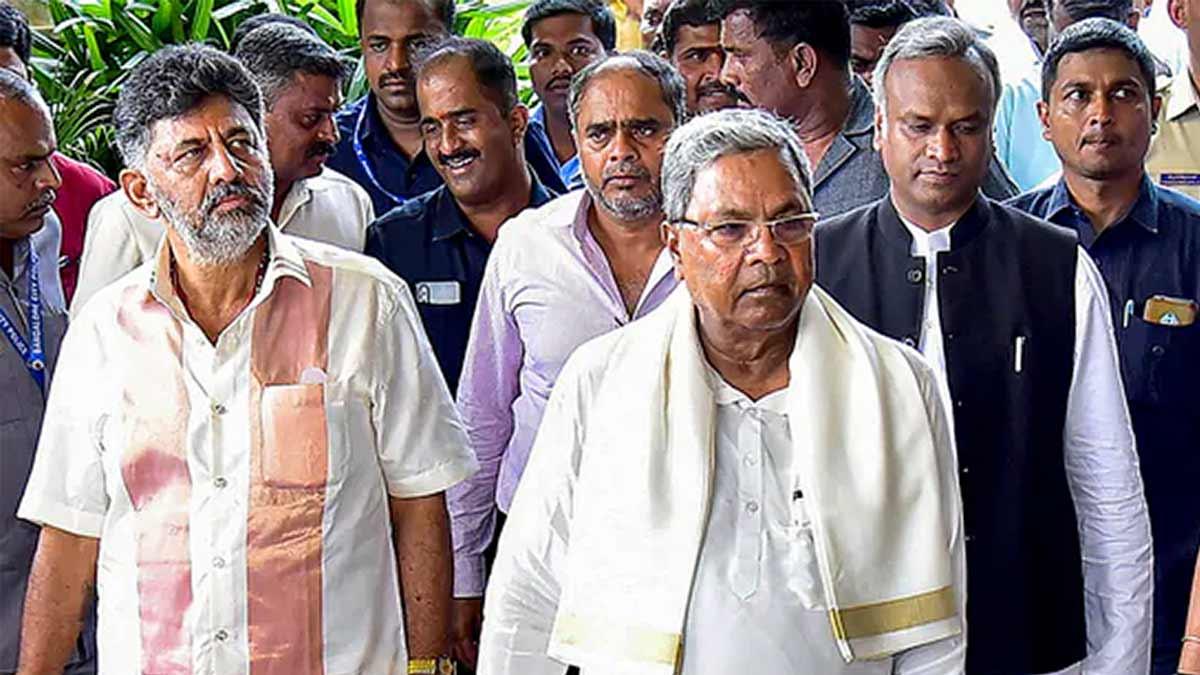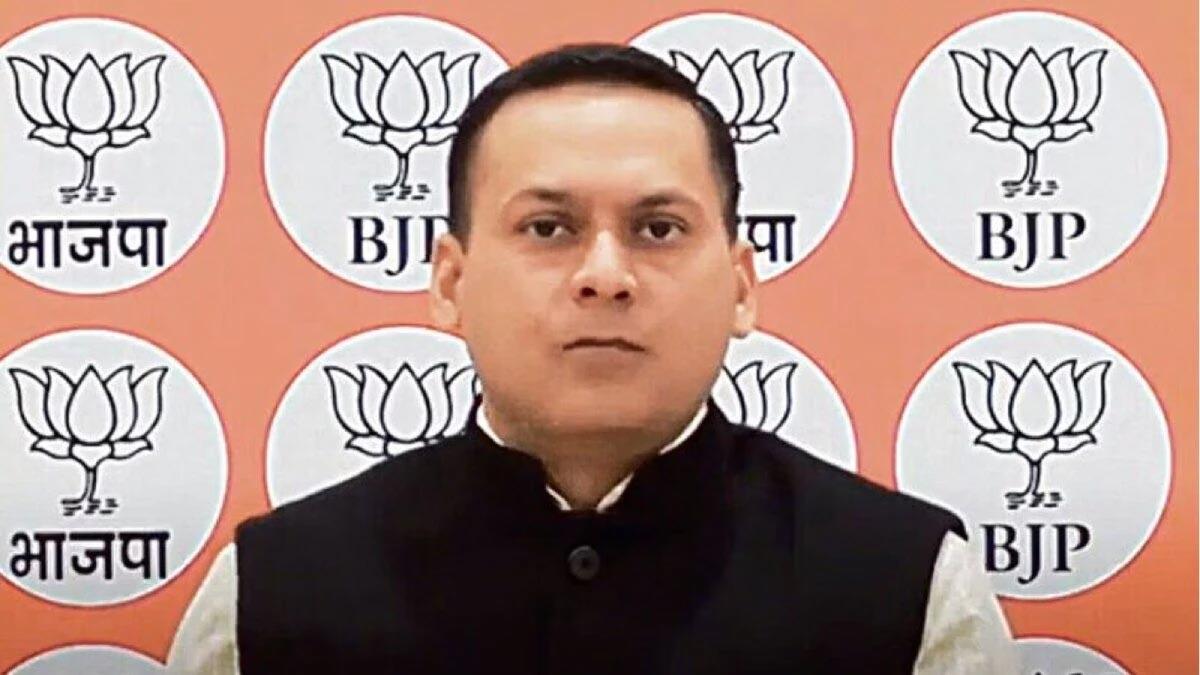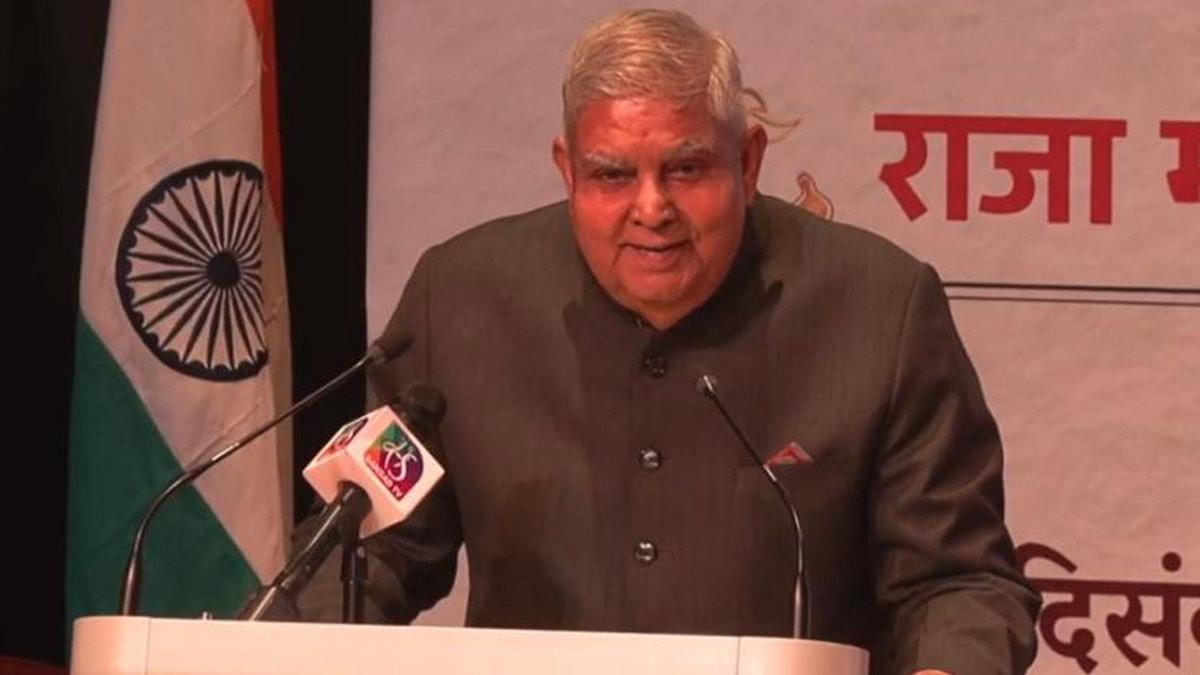Assam's Chief Minister, Himanta Biswa Sarma, emphasized the emergence of clarity with the implementation of the Citizenship (Amendment) Act, 2019, indicating the initiation of the process to unfreeze the biometrics of individuals affected during the National Register of Citizens (NRC) updating.
Speaking at a press conference, Sarma conveyed his intention to engage in discussions with the All Assam Students' Union (AASU) and other relevant stakeholders to devise a solution post-elections. Approximately 27 lakh people in the state faced biometric lockout, hindering their access to Aadhaar cards.
Over the past two years, concerted efforts were made to address concerns surrounding the CAA, ensuring clarity regarding the fact that individuals arriving after 2014 won't be granted Indian citizenship. Sarma expressed his conviction that the CAA won't facilitate any influx into Assam, affirming that only those who applied for NRC would be considered for citizenship.
Acknowledging the challenges posed by the biometric blockage in obtaining ration cards and employment, Sarma pledged to address the issue promptly. He urged the public to base their opinions on logical reasoning rather than emotional sentiments regarding the CAA.
Highlighting that the NRC process had already captured data, Sarma reassured that those excluded from the list could seek citizenship through the Foreigners' Tribunal if not through the CAA. He projected an estimation of around six lakh individuals, evenly distributed between Barak and Brahmaputra valleys, to be eligible for citizenship, refuting claims of a much larger figure.
The NRC, monitored by the Supreme Court, published in 2019, stemmed from the Assam Accord of 1985, aiming to identify and deport individuals who entered the state from Bangladesh after March 24, 1971. While the NRC and CAA aren't directly correlated nationally, in Assam, where the NRC updating exercise is underway, a significant portion of Bengali Hindus faced exclusion due to inadequate legacy data documentation.
With the announcement of CAA rules, the Centre is poised to confer Indian nationality upon persecuted non-Muslim migrants from Bangladesh, Pakistan, and Afghanistan arriving in India until December 31, 2014, encompassing Hindus, Sikhs, Jains, Buddhists, Parsis, and Christians.
Despite its passage in December 2019 and subsequent presidential assent, the CAA sparked protests across the country, including Assam, resulting in casualties.
Read also | Hindu Migrants Rally Outside Delhi CM Kejriwal's Home in Protest Against CAA Comments

